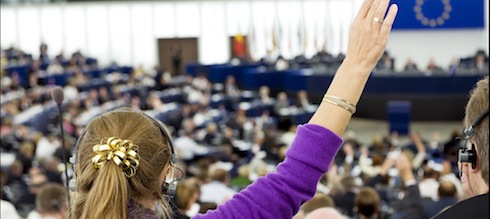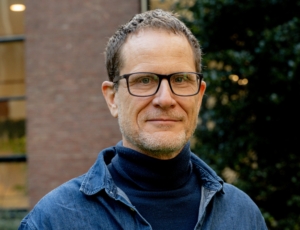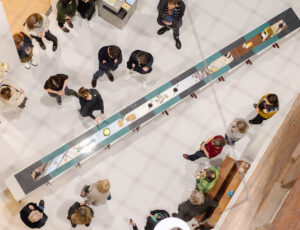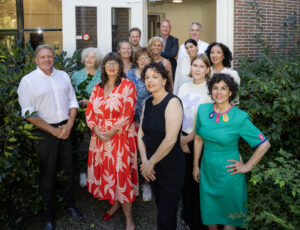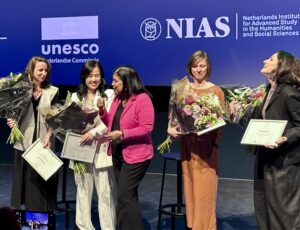Applying computer modelling and simulations to politics
“Approaches and tools to understand decision-making can be found in both the natural and the social sciences, but rarely is knowledge between these traditions exchanged and are synergies utilized,” says political scientist Madeleine Hosli, theme group coordinator. “To explore and forecast decision-making processes, we apply tools and methods developed in the natural sciences, such as computer modelling and simulations, and apply them to politics. As input we use, for example, information on actor preferences, voting weights, decision thresholds and institutional rules more generally. It is fascinating and promising, for example, to benefit from such synergies in the study of processes of decision-making in the European Union.”
The theme group will be at NIAS for the first semester 2014-15, and will organize two workshops with invited scholars on the topic.
Bridging interdisciplinary gaps
This theme group is led by Madeleine Hosli, Professor of International Relations at Leiden University, and includes Běla Plechanovová, Erik Pruyt, Paul Schure, and Amy Verdun (see their individual pages for more information on their research projects).
About theme groups
NIAS theme groups give scholars from different disciplinary backgrounds an opportunity to join forces and to advance knowledge on a particular theme. Working together for a sustained period of time, being able to interact on a daily basis, results in collaborative projects such as books, articles, conferences and lectures, as well as the formation of networks and the initiation of new projects.
